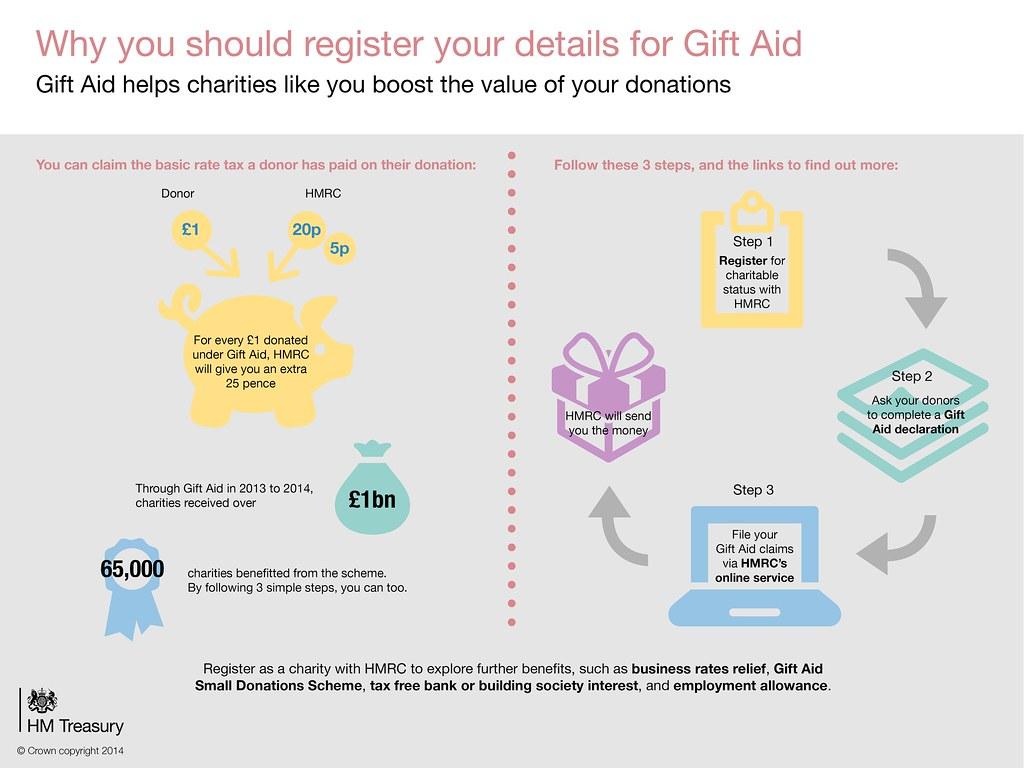Gift-giving is a common practice amongst friends and family members, a gesture that often comes with heartfelt sentiments and good intentions. However, what many fail to realize is that the Internal Revenue Service (IRS) has a keen eye on such exchanges. In the intricate realm of tax law, the act of giving a gift can have implications that reach far beyond the simple exchange of items. As seasoned legal professionals at Morgan Legal Group in the heart of New York City, we understand the nuances of gift taxation and the mechanisms through which the IRS scrutinizes such transactions. Join us as we delve into the question – how does the IRS know if you give a gift
IRS Gift Reporting Requirements
In order to ensure compliance with the , individuals must be aware of the various ways in which the IRS can monitor and track gifts. One key method by which the IRS can detect gifts is through the annual gift tax exclusion limit. Currently set at $15,000 per person per year, any gifts exceeding this amount must be reported to the IRS using Form 709, United States Gift (and Generation-Skipping Transfer) Tax Return. Failure to report gifts that exceed the annual exclusion limit could result in penalties and fines.
Additionally, the IRS also has access to information from financial institutions, which are required to report certain large transactions to the IRS. This means that any sizable gifts made through bank transfers or checks may be flagged by the IRS for further investigation. It is important for individuals to keep detailed records of any gifts given, including the amount, recipient, and method of transfer, to ensure accurate reporting to the IRS and avoid potential penalties or audits.

Understanding the Gift Tax Exemption Limits
When it comes to gift-giving, the IRS has regulations in place to monitor and tax certain transactions. Under the gift tax rules, any gift given by an individual must be reported if it exceeds a certain amount. This is where the gift tax exemption limits come into play. Understanding these limits is crucial to ensure compliance with IRS regulations and avoid potential penalties.
The current gift tax exemption limit for 2021 is $15,000 per recipient per year. This means that you can give up to $15,000 to as many individuals as you’d like without triggering the gift tax. However, any gift exceeding this amount must be reported to the IRS. Keep in mind that the gift tax exemption limits can change from year to year, so it’s important to stay informed and consult with a legal professional, like the experts at Morgan Legal Group, to ensure that your gift-giving practices are in line with IRS regulations.

Documentation and Record-Keeping for Gift Giving
When it comes to gift giving, documentation and record-keeping are crucial to ensure compliance with IRS regulations. The IRS has specific guidelines on reporting gifts, and failing to adhere to these rules can result in penalties and audits. To avoid any issues with the IRS, it is important to maintain accurate records of all gifts given, including the value of the gift, the date it was given, and the recipient.
One way the IRS can track gifts is through the annual gift tax exclusion. In 2021, the annual gift tax exclusion is $15,000 per recipient. Any gifts exceeding this amount must be reported to the IRS. Keeping detailed documentation of all gifts given can help ensure compliance with IRS regulations and avoid any potential issues down the line. Remember, when it comes to gift giving, it is better to be safe than sorry.

Navigating Gift Taxes: Tips for Compliance and Peace of Mind
When it comes to giving gifts, it’s important to understand how the IRS monitors and enforces gift taxes. The IRS has various ways of knowing if you have given a gift that exceeds the annual exclusion amount. Here are some ways the IRS can track your gifts:
- Gift tax returns: If you file a gift tax return, the IRS will have a record of your gifts.
- Financial institutions: Banks and financial institutions are required to report large cash transactions, which could include gifts.
- Property records: If you transfer property as a gift, the IRS may access public property records to track the transfer.
It’s important to comply with gift tax laws to avoid penalties and ensure peace of mind. Keeping detailed records of your gifts and understanding the annual exclusion amount can help you navigate gift taxes successfully. Consult with a tax professional or estate planning lawyer for personalized guidance on gift tax compliance.
Q&A
Q: How does the IRS define a gift?
A: A gift is considered a transfer of money or property with no expectation of receiving anything in return.
Q: How much money can I gift someone without triggering gift taxes?
A: In 2021, you can gift up to $15,000 per recipient without having to report the gift to the IRS or pay gift taxes.
Q: How does the IRS know if I give a gift?
A: The IRS may become aware of a gift if it exceeds the annual exclusion limit and is reported on a gift tax return. Additionally, large cash transactions or transfers of significant assets may raise red flags.
Q: What are the consequences of not reporting a gift to the IRS?
A: Failing to report a gift that exceeds the annual exclusion limit could result in gift taxes being assessed on the donor. This could also potentially trigger an audit by the IRS.
Q: Are there any exceptions to the gift tax rules?
A: Yes, there are several exceptions to the gift tax rules, including gifts to a spouse, payments for medical or educational expenses, and gifts to political organizations.
Q: Is it legal to give someone a gift in order to avoid taxes?
A: Giving a gift solely for the purpose of avoiding taxes is considered tax evasion and is illegal. It’s important to consult with a tax professional to ensure compliance with IRS regulations.
In Conclusion
In conclusion, understanding how the IRS tracks and monitors gifts is crucial for taxpayers looking to navigate the complexities of gift taxes. By following the guidelines set forth by the IRS, individuals can ensure compliance and avoid potential penalties. So, the next time you’re feeling generous, be sure to keep in mind the rules and regulations that govern gift giving to stay on the right side of the taxman. Happy gifting!

